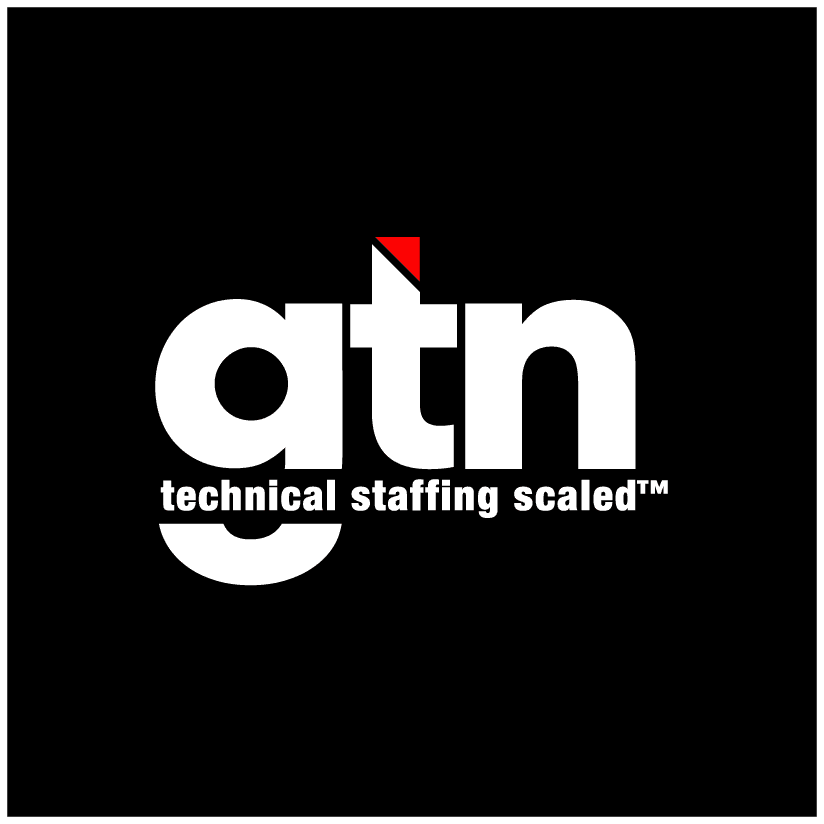In today’s tech career environment, there are pros and cons of contract vs permanent employee work. In this post, we offer a few tips to help you decide which is best for you.
What Does Contract vs Permanent Work Mean?
In recent years the growth of non-traditional modes of working has grown greatly, many of which are fueled by silicon valley industries. According to the New York Times the occupation of contract or temporary work has grown by 9.4 million from 2005-2015.
While some of those numbers are due to transportation networking companies like Lyft or Uber, the increase in this occupation style can not be ignored.
Pros and Cons of Contract and Permanent Job Positions?
Each of these employment types has both pros and cons for the business and for the employee. Many of the differences between contract vs permanent work revolve around how the employee is expected to work, the type of work they are expected to produce, and the benefits they receive from the company they work for.
Pros of Being a Permanent Employee
- Fixed work hours and/or work schedule.
- Lower financial risk due to receiving a regular paycheck.
- Benefits usually include paid sick time off, vacation time, and/or holiday pay.
- Income taxes are deducted from your paycheck.
Cons of Being a Permanent Employee
- Often must commute to an office.
- A limited number of days off per year.
- Typically, less flexibility in branching out and career advancement.
- Less flexibility in working schedule and location.
Pros of Being a Contract Employee
- Often higher pay rate than permanent employees.
- Remote work is very common.
- Schedule and work hours are more flexible than employees.
- More tax deductions may be available to lower overall taxes paid.
Cons of Being a Contract Employee
- Your employment is not guaranteed and may change on short notice.
- Holidays and time off are not paid.
- You will have to pay for your own benefits such as health which could be significantly higher than you’d pay as an employee.
Consider Your Personality and Working Style
Understanding the components of each type of work is important to understand what would suit you best. Both job types have unique advantages and disadvantages that when applied to your life could be ideal. Below are some things to consider when debating what type of work you want to do.
Depending on your personality, your unique relationship with your coworkers in both modes of occupation can enhance your job experience.
If you are the type of person who hears your significant other tell you about a dinner with the new neighbors on Friday night and you mumble something under your breath before saying yes – meeting new people may not be your thing. Being a contracted worker requires you to interact and meet new people – in fact, it’s a key component of your job.
On the other hand, with permanent work, you are able to be as ingrained (or unplugged) as you want to be with your coworkers and the company culture within the bounds of what your company requires of course. Some team-building activities are unavoidable.
In both occupation types, there is ample opportunity to become a problem solver for your company. Let’s face it, most people don’t understand the technicalities of your job. In fact, they don’t have a clue.
When you work for a company day in and day out you have the opportunity to be the go-to guy for solving problems. When a coworker has a problem or a task, he knows what is within your realm of expertise and can come directly to you for your help. However, that also opens up the opportunity to be pigeonholed to a task or even simply keep up with database or website maintenance. This varies drastically from company to company, so this would be something to inquire about in a job interview.
As a contracted worker you are able to come into a business and act as a change catalyst for solving problems. If a company is contracting out to you it is asking to do something that no one within the company can handle.
Many offices are subject to “normal thinking,” meaning that they tend to subconsciously handle situations the same way over and over again and fail to think outside of the box. They find a normal way of doing things and stick to it. As a contracted worker you have the ability to take the blinders off and present new ways to handle a variety of situations.
Logistical Considerations
Now that we have established some of the working conditions of both jobs let’s take a look at some of the logistics.
If you have kids there are pros and cons to both forms of employment.
As a parent having flexibility in your schedule can be a huge factor in your job satisfaction. The ability to be there when your kids need to be picked up, dropped off, etc., is something that is hard to put a monetary value on. As a contracted worker, you often have more options in dictating your schedule than most permanent workers do. This factor makes contracted employment very conducive to a family lifestyle.
If you are the primary breadwinner, stashing away retirement, or supplying healthcare benefits for your household then you will need to do some more planning as a contractor. These are important perks for any job, but the level of necessity varies from household to household.
The type of work you do will most likely be better compensated with contract vs permanent work, meaning you will get paid more for doing the same thing a permanent worker would do. It just does not provide the benefits that permanent work does, so you have to provide those on your own.
Your daily commute is something that you should consider. There is not a hard-fast rule with either one of the options because each varies greatly on the job itself- it doesn’t matter if it’s contracted or permanent. While your commute may vary depending on the job you take, when you need to be in the office may be one of the things you can negotiate with your contract for both types of work. This is one-way permanent work mirrors the tendencies of contracted work, it just depends on the job.
Really the only difference in commute is that with a contracted job, the commute will vary from job to job and permanent will provide a consistent commute. However, as a contractor, you are expected to have to make long commutes sometimes if that is what the available job requires.
Conclusion
All of these components are things that should be considered when contemplating what form of work is most conducive to the lifestyle you strive to live. Everyone’s situation is different and what they are comfortable with varies too.
No matter what, you should seek to find a job that is both functional and provides you with the job satisfaction you want. If you would like to explore your options, click here to see what career opportunities GTN Technical Staffing can help you find.






